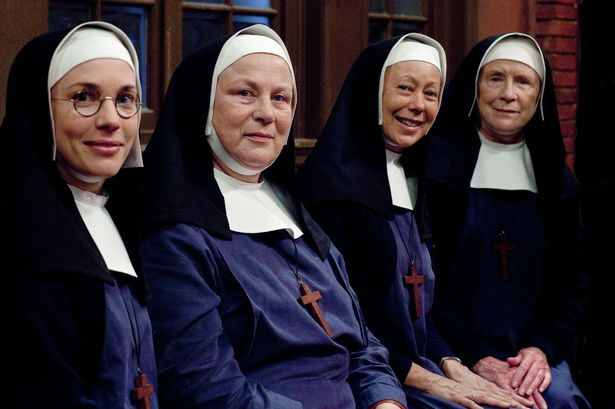In a previous post (Interrogating inequality: An annoying article) I discussed an article about a group of interdisciplinary scholars who were “interrogating” the societal consequences of increasing inequality. While the group included individuals with backgrounds in psychology and history, it was dominated by academic scholars who specialized in economics, business, and public policy. (The first three individuals quoted in the article are a professor of business administration, a professor of management practice, and a senior lecturer at Harvard Business School.)
The concluding comments on inequality were offered by a professor of social policy. This particular individual “recently revealed” that he had given up on his long-term research on the social effects of inequality (a project he’d started in the 1960s) because there were no “convincing conclusions.” In other words, research had not been able to provide statistical proof that inequality is in any way harmful to society as a whole. As one of the social scientists put it: (emphasis in original)
The problem is, there is no consensus in the research on the consequences of inequality.
May I suggest that a more significant problem is that social scientists ask the wrong question. As Tony Judt writes (emphasis added):
I think we really are the victims of a discursive shift, since the late 1970s, toward economics. Intellectuals don’t ask if something is right or wrong, but whether a policy is efficient or inefficient. They don’t ask if a measure is good or bad, but whether or not it improves productivity. …
The effect of the dominance of economic language in an intellectual culture which was always vulnerable to the authority of “experts” has acted as a brake upon a more morally informed social debate.
What galls me about the whole discussion of “interrogating inequality” is that we have become a society where the economic quantification of suffering is more important than simply caring about those who suffer. Without statistics and an accompanying plethora of charts and graphs, there can be no policy recommendations for change. It almost makes me wish we were back in the 1950s when at least the nuns of Nonnatus House cared for impoverished East Enders.
Related posts:
Interrogating inequality: An annoying article
Interrogating inequality: Some good news
How we came not to care: Rosanvallon
How we came not to care: Historical trends
How we came not to care: Oligarchy of the elite
Tony Judt lives on
A generation obsessed with material wealth
Tony Judt: On the edge of a terrifying world
Having wounded the earth, we watch as she bleeds out
This mess we’re in – Part 3
Image source: The Daily Record
Resources:
Elizabeth Gudrais, Rebooting Social Science: The interdisciplinary Tobin Project addresses real-world problems, Harvard Magazine, July-August 2014
Tony Judt (2013), Thinking the Twentieth Century



Sorry, comments are closed for this post.